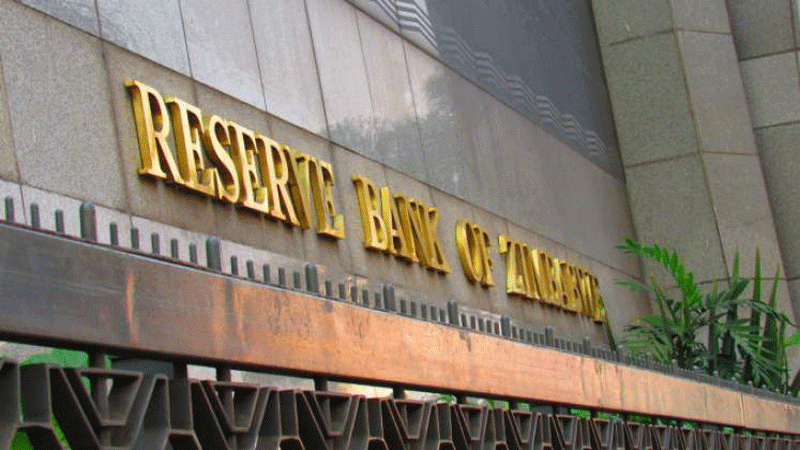
A new directive announced this week spelling out fresh modalities for foreign currency management has thrown markets into turmoil, with some experts saying the Ministry of Finance and Economic Development was usurping the central bank’s role.
Under measures released on Monday to stabilise rioting prices, Finance minister Mthuli Ncube said government was taking over the administration of a 25% portion of foreign currency surrendered by exporters to the Reserve Bank of Zimbabwe (RBZ), as authorities battle to keep money supply under control.
Higher levels of money supply ignite inflation surges.
After exporters surrender the 25%, the central bank has been giving them its Zimbabwe dollar equivalent calculated at the prevailing official exchange rate.
But government, which is battling high inflation, foreign currency shortages and exchange rate fragilities since 2019, said it was worried funds released to exporters were proceeds of quantitative easing, one of the factors driving money supply.
“Treasury will now fund the Zimbabwe dollar component of the 25% foreign currency surrendered by exporters, in order to eliminate the creation of additional money supply,” Ncube said on Monday.
In an analysis of the policy released on Tuesday, one of the country’s leading advisory firms, Equity Axis, said by handling the 25% portion, the Ministry of Finance had effectively taken over the central bank’s role.
It was a view that was shared by several analysts.
- Mangudya speaks on banks’ stability
- Mangudya speaks on banks’ stability
- Directors’ governance plan gets Central Bank nod
- Directors’ governance plan gets Central Bank nod
Keep Reading
But yesterday, the RBZ said it was still in control.
RBZ governor, John Mangudya said the changes were set to come under discussion during a meeting with the Bankers Association of Zimbabwe, the central bank and the accountant general, which is expected to give clarity to the policy directive.
Mangudya said “the management of foreign exchange from export receipts will continue to go through the normal banking channels with the bank (RBZ) playing the pivotal statutory role of intermediation between banks and Exchequer”.
“In that regard the minister’s press statement is not intended to change the statutory requirements or merge fiscal and monetary policy jurisdictions. The essence of the new measures is that government is now actualising the provisions of the Finance Act no 7 of 2021, which, inter alia, provide for the take-over of external loans on the bank’s books. Government will provide the local currency required to purchase foreign exchange from the part of the surrender portion of export proceeds for the purpose of servicing the external loans assumed by the State. Government will alternatively use own foreign exchange resources to settle the said assumed foreign loans,” the central bank chief noted.
He said the RBZ was taking steps to ensure that foreign currency arrangements agreed between government and banks were ‘respected’.
“The bank shall meet the Bankers Association of Zimbabwe and the accountant general to agree on ways to ensure that the modalities envisaged in the policy measures are seamless flawless and in line with best practises,” Mangudya noted.
In an analysis released yesterday, Inter Horizon Securities (IH), another firm of analysts, said the new measures were part of government’s plan to tighten the monetary policy.
IH said they were an important step towards fighting inflation and money supply.
“The government continues to strengthen its tight monetary policy stance,” IH said.
“With Treasury now handling external loans, money supply is expected to remain under a leash as the 25% USD retentions will be settled using tax revenue. The reduction of USD IMTT (Intermediated Money Transfer Tax) will hopefully encourage some return of USD deposits into the banking sector, potentially resulting in some uptick in liquidity. To prevent a complete slide into dollarisation, it was critical that government shows conviction in the Zimbabwe dollar by creating the demand for it. By allowing all customs duty to be payable in Zimbabwe dollars, we expect demand for the local currency to increase,” IH said.










